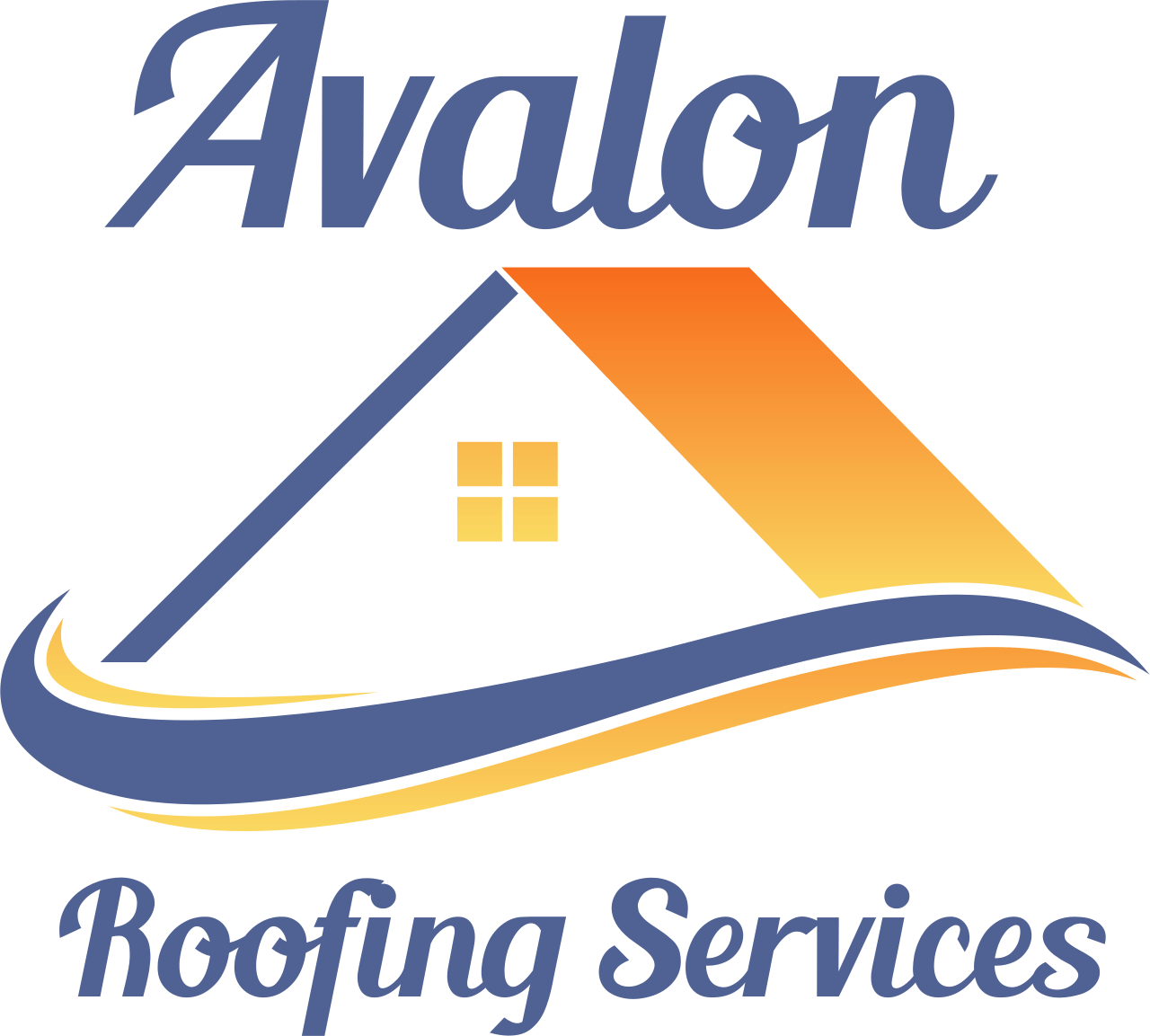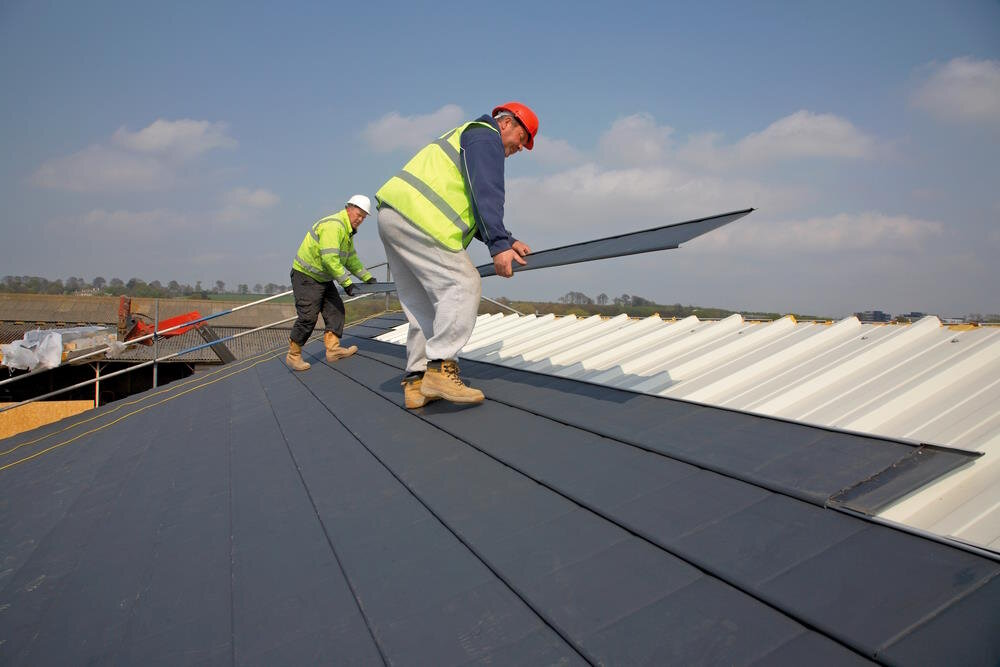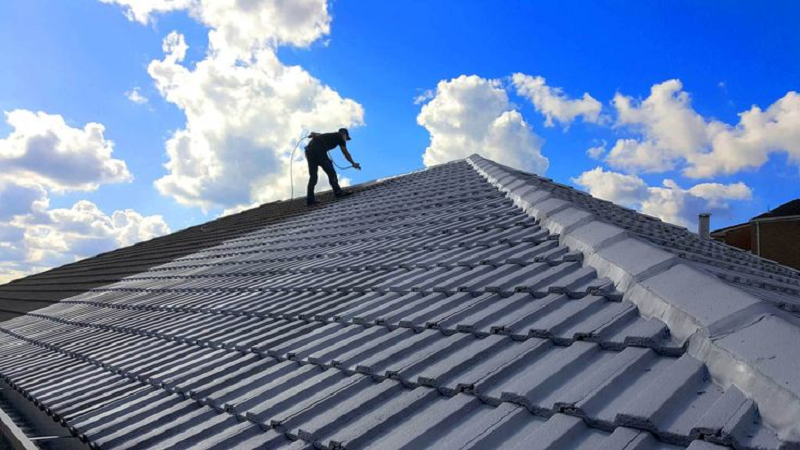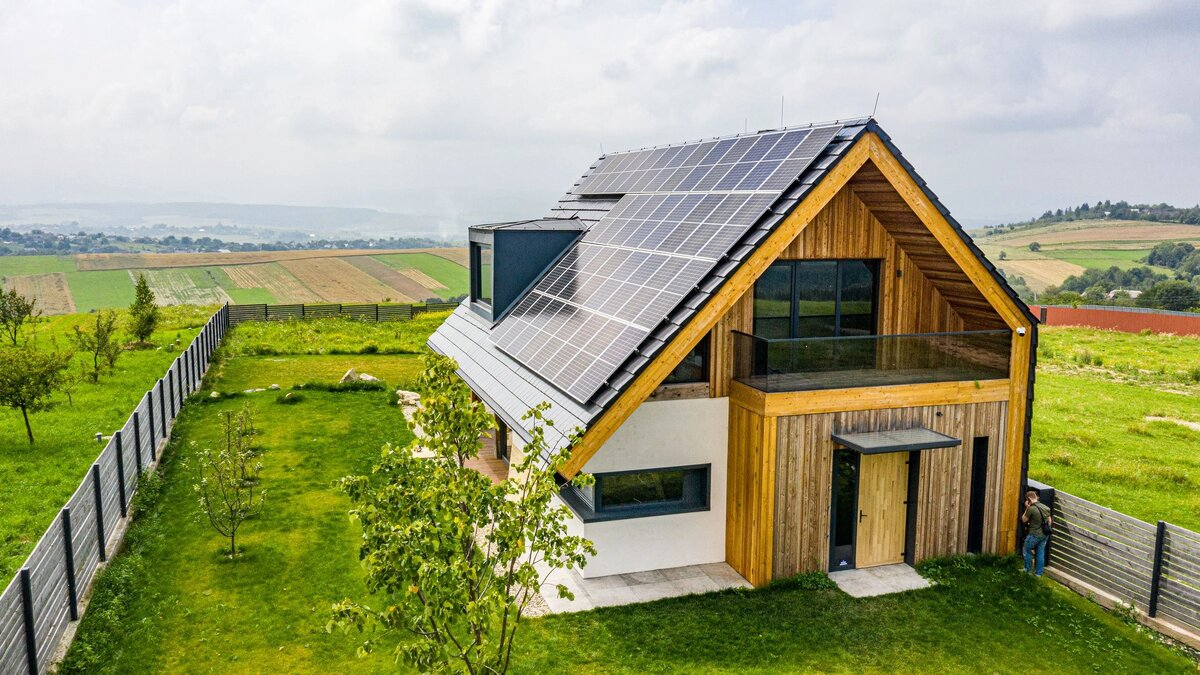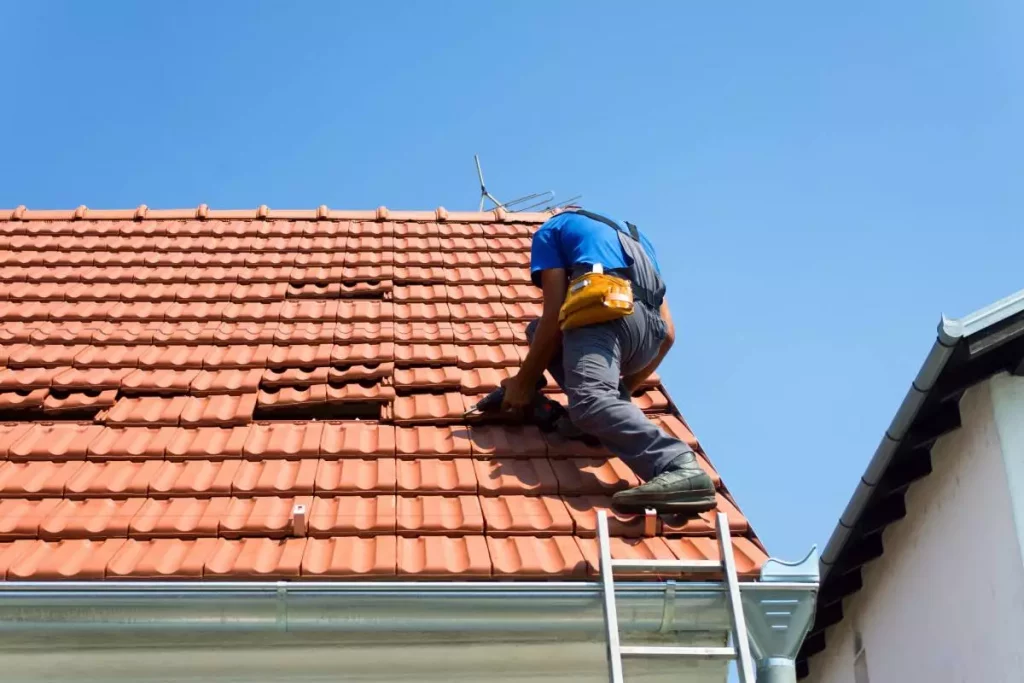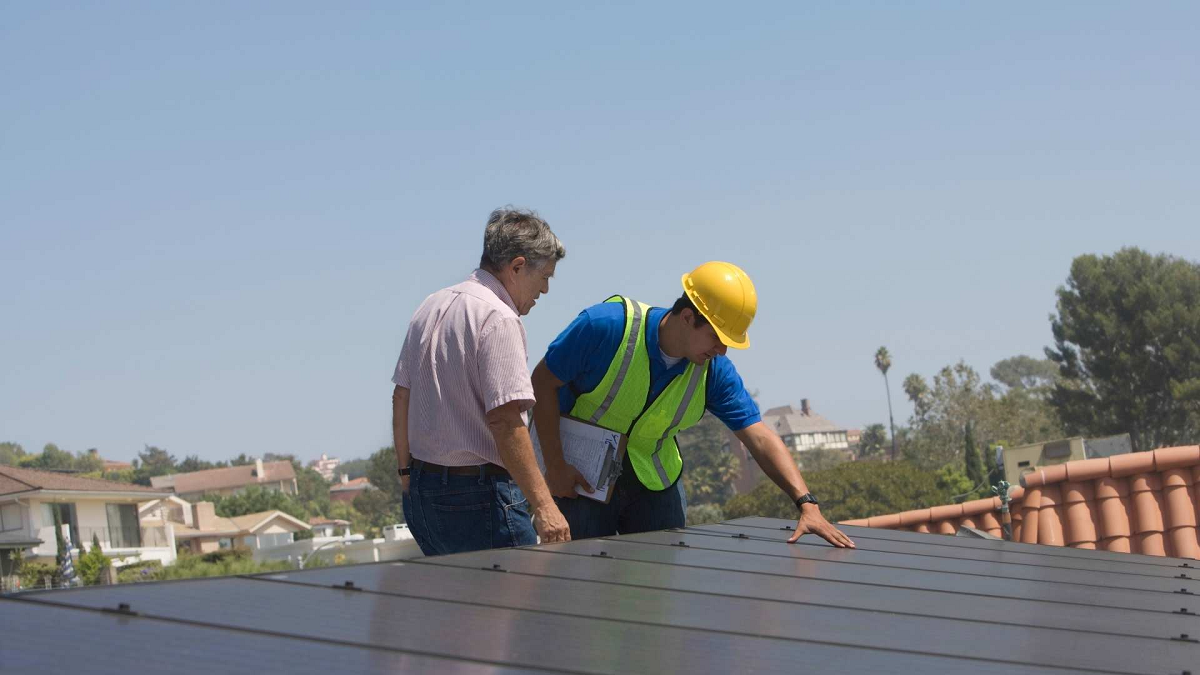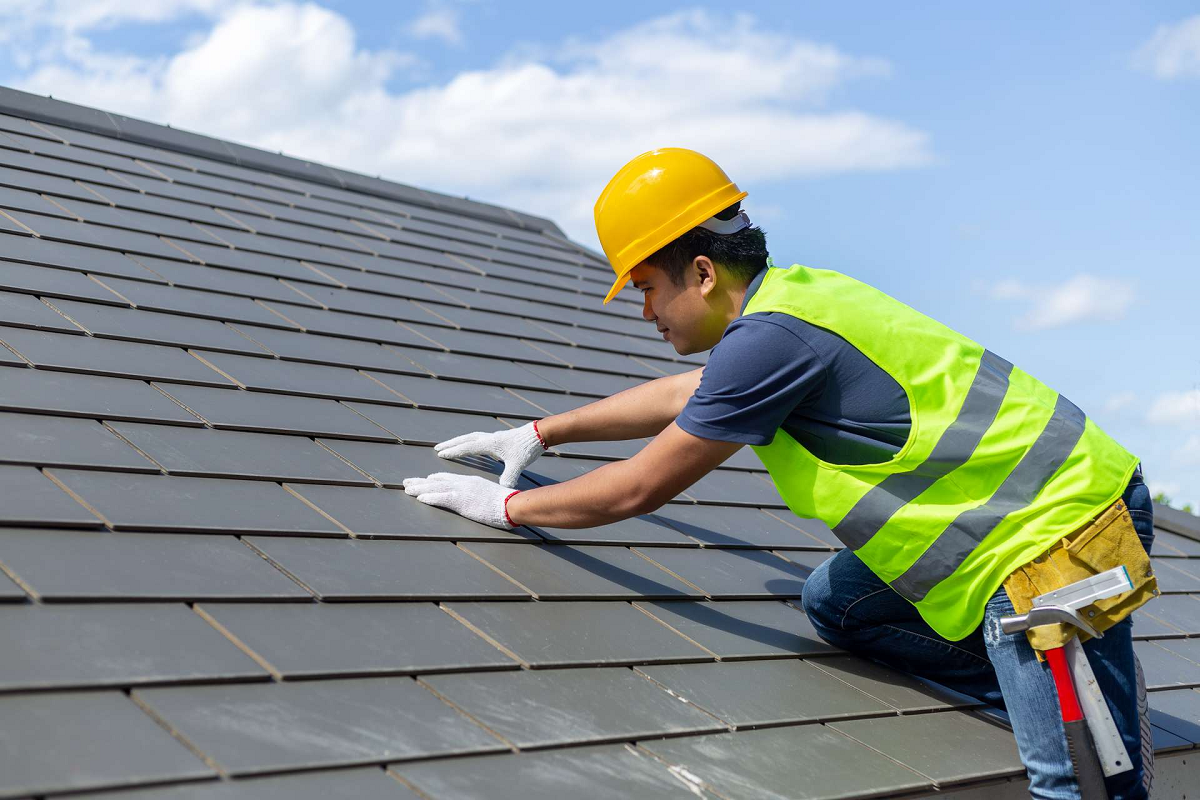CA. LIC#: 1075996
Sustainable Solutions: Commercial Roofing for the Future
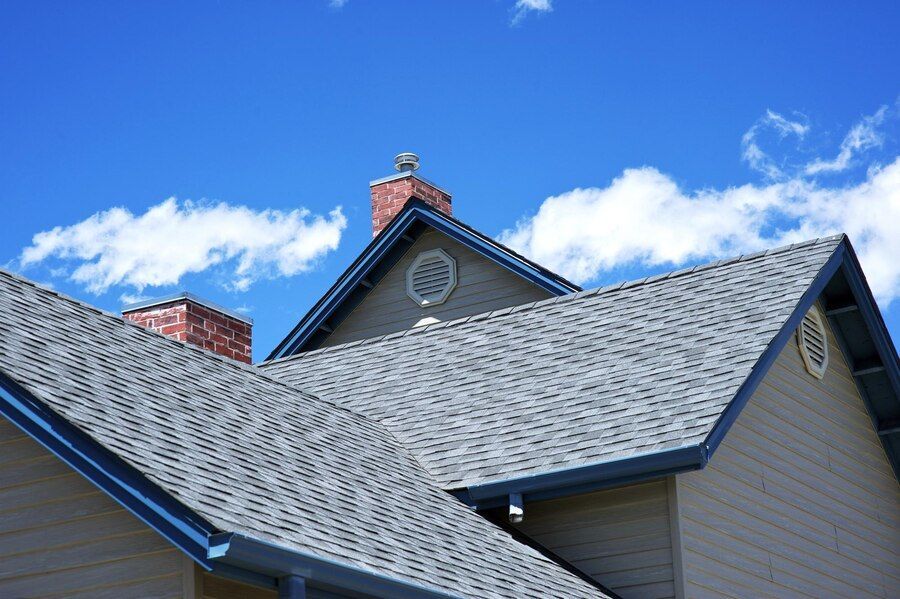
In the quest for sustainability, industries worldwide are reevaluating their practices, seeking innovative solutions to minimize environmental impact. Commercial roofing, often overlooked in the sustainability discourse, plays a pivotal role in this narrative. Traditionally, commercial roofs have been associated with energy inefficiency, contributing to urban heat islands and escalating energy costs.
However, a paradigm shift is underway, as stakeholders recognize the potential for commercial roofing to become a beacon of sustainability. From green roofs adorned with lush vegetation to high-tech solar panels harnessing renewable energy, the options are vast and promising.
These sustainable solutions not only reduce carbon footprints but also offer economic benefits, such as lowered utility bills and enhanced property values. Join us as we delve into the future of commercial roofing, exploring the innovative technologies and eco-friendly practices shaping the landscape of sustainable construction.
Green Roofs: Enhancing Biodiversity and Insulation
Green roofs are revolutionizing the concept of urban landscapes by not only providing shelter but also fostering biodiversity and insulation. These roofs are adorned with a variety of vegetation, including grasses, herbs, and even small trees, creating habitats for birds, insects, and other wildlife.
Beyond their ecological benefits, green roofs act as natural insulators, regulating indoor temperatures and reducing the need for artificial heating and cooling. By absorbing solar radiation and releasing it slowly, they mitigate the urban heat island effect, where cities experience higher temperatures than surrounding rural areas.
Additionally, green roofs improve air quality by filtering pollutants and carbon dioxide, contributing to healthier urban environments. With their ability to enhance biodiversity and provide energy-saving insulation, green roofs are emerging as sustainable solutions for the future of commercial roofing.
Solar Panel Integration: Harnessing Renewable Energy
The integration of solar panels into commercial roofing systems represents a significant step towards sustainability by harnessing renewable energy sources. These panels, typically mounted on rooftops, capture sunlight and convert it into electricity, offering a clean and sustainable alternative to traditional fossil fuels.
By generating electricity onsite, solar panels reduce reliance on grid-supplied power, thereby lowering carbon emissions and mitigating climate change. Moreover, solar panel integration can significantly lower energy bills for commercial properties, providing long-term cost savings.
Advances in technology have made solar panels more efficient and affordable, making them increasingly accessible to businesses seeking to embrace renewable energy solutions. With their ability to generate clean electricity and reduce operational costs, solar panel integration is poised to play a crucial role in shaping the future of commercial roofing.
Cool Roofing Technologies: Mitigating Urban Heat Islands
Cool roofing technologies play a crucial role in combating the urban heat island effect, where cities experience higher temperatures than surrounding rural areas due to dense infrastructure and human activities.
- Reflective coatings: These coatings are applied to roofing materials to increase solar reflectance, reducing heat absorption and lowering surface temperatures.
- Light-colored materials: Roofing materials with light-colored surfaces reflect more sunlight and absorb less heat compared to dark-colored materials, helping to mitigate the urban heat island effect.
- Solar-reflective shingles: These shingles are specially designed to reflect a higher percentage of sunlight, reducing heat transfer to the building and lowering cooling costs.
- Green roofs: Green roofs, adorned with vegetation, act as natural insulators and help reduce urban heat islands by absorbing solar radiation and releasing it slowly through evapotranspiration.
- Cool roof membranes: These membranes are designed to have high solar reflectance and thermal emittance, reducing heat absorption and keeping buildings cooler during hot weather.
Cool roofing technologies offer effective solutions for mitigating the urban heat island effect and creating more sustainable urban environments.
Recycled Materials: Reducing Environmental Footprints
Recycled materials play a pivotal role in reducing environmental footprints within the commercial roofing industry. By repurposing post-consumer or post-industrial waste streams, these materials contribute to environmental conservation and resource efficiency.
- Repurposes waste streams: Diverts materials from landfills and reduces environmental burden.
- Reduces demand for virgin resources: Lessens the need for extraction and processing of raw materials.
- Lowers energy consumption: Decreases the energy required for manufacturing compared to new materials.
- Mitigates greenhouse gas emissions: Helps minimize the carbon footprint of commercial roofing systems.
- Promotes circular economy principles: Fosters sustainability by closing the loop on material use and waste generation.
Incorporating recycled materials into commercial roofing not only enhances environmental sustainability but also promotes a circular economy mindset, where resources are used efficiently and waste is minimized.
Energy-Efficient Design: Minimizing Heating and Cooling Costs
Energy-efficient design principles are transforming commercial roofing by minimizing heating and cooling costs and overall energy consumption. These strategies optimize insulation, ventilation, and building orientation to maximize thermal comfort, reducing the need for mechanical heating and cooling. High-quality insulation and sealed air leaks regulate indoor temperatures, cutting reliance on HVAC systems and lowering energy bills.
Reflective coatings and light-colored materials deflect solar radiation, maintaining comfortable temperatures in hot weather. Investing in energy-efficient design not only saves costs but also enhances occupant comfort and productivity. With rising energy prices and environmental concerns, energy-efficient commercial roofing is crucial for promoting sustainability and resilience.
Rainwater Harvesting Systems: Promoting Water Conservation
Rainwater harvesting systems are innovative solutions that promote water conservation by collecting and storing rainwater runoff from rooftops. These systems utilize gutters and downspouts to direct rainwater into storage tanks or cisterns, where it can be stored for later use.
- Capture and Store Rainwater: Gutters and downspouts direct rainwater into storage tanks or cisterns.
- Reduce Reliance on Municipal Water: Use stored rainwater for non-potable purposes, such as irrigation and toilet flushing.
- Mitigate Stormwater Runoff: Rainwater harvesting systems help prevent flooding and erosion by capturing runoff.
- Conserve Freshwater Resources: By using rainwater instead of municipal water, these systems reduce demand on water treatment facilities.
- Cost-Effective and Efficient: Advances in technology have made rainwater harvesting systems more affordable and practical for homeowners and businesses.
Rainwater harvesting systems offer a sustainable solution for promoting water conservation and reducing reliance on municipal water supplies.
Vegetated Roof Systems: Improving Air Quality and Aesthetics
Vegetated roofs, also known as green roofs, are revolutionizing commercial roofing by improving air quality, biodiversity, and aesthetics. These roofs feature a variety of vegetation, such as grasses and herbs, creating urban green spaces. By capturing pollutants and carbon dioxide, they enhance air quality and combat the urban heat island effect.
Moreover, vegetated roofs provide habitats for wildlife, promoting biodiversity and ecological resilience in cities. Their aesthetic appeal adds value to commercial properties, fostering a sense of well-being and community. With sustainable urban development gaining momentum, vegetated roofs are increasingly favored by architects, developers, and property owners for their contribution to a greener, healthier environment.
Advanced Insulation Techniques: Enhancing Thermal Performance
Advanced insulation techniques revolutionize commercial roofing, enhancing thermal performance and energy efficiency. By optimizing materials, installation, and building design, these methods minimize heat transfer, maintaining comfortable indoor temperatures year-round. They significantly cut energy consumption for heating and cooling, leading to substantial cost savings for property owners.
Improved insulation also boosts occupant comfort and productivity by minimizing temperature fluctuations and drafts. Options like spray foam, rigid board insulation, and reflective barriers cater to diverse roofing configurations and performance needs. Investing in these techniques doesn't just reduce environmental impact; it creates comfortable, sustainable indoor environments, aligning with both financial and ecological goals.
Smart Roofing Solutions: Integrating IoT for Optimal Efficiency
Smart roofing solutions integrate IoT technology to optimize efficiency, performance, and maintenance in commercial buildings. Utilizing sensors, actuators, and data analytics, these systems monitor roofing elements like temperature and moisture in real-time. Predictive analytics enable proactive maintenance, minimizing downtime and extending asset lifespan.
Smart roofs adjust ventilation, shading, and insulation levels dynamically for optimal energy efficiency and occupant comfort. As IoT technology proliferates and smart buildings rise, these solutions offer scalable and cost-effective means to enhance the sustainability, resilience, and performance of commercial properties.
Life Cycle Assessment: Evaluating Environmental Impact from Production to Disposal
Life Cycle Assessment (LCA) is a comprehensive methodology used to evaluate the environmental impact of products or systems throughout their entire life cycle, from production to disposal. It considers various stages, including raw material extraction, manufacturing, transportation, installation, use, maintenance, and end-of-life disposal or recycling.
- Comprehensive evaluation: LCA considers all stages of a product's life cycle, providing a holistic view of its environmental impact.
- Informed decision-making: By quantifying environmental impacts, LCA enables businesses to make informed decisions about product design, procurement, and management.
- Resource optimization: LCA identifies opportunities to optimize resource use, minimize waste generation, and reduce environmental footprints.
- Environmental stewardship: By conducting LCAs, businesses demonstrate their commitment to environmental stewardship and sustainability.
- Continuous improvement: LCA fosters a culture of continuous improvement by identifying areas for enhancement and innovation throughout a product's life cycle.
Life Cycle Assessment is a powerful tool for evaluating the environmental impact of products or systems, enabling informed decision-making, resource optimization, and environmental stewardship.
The future of commercial roofing is undeniably intertwined with sustainability. From green roofs fostering biodiversity to solar panel integration harnessing renewable energy, the industry is undergoing a transformative shift towards eco-friendly practices. Cool roofing technologies mitigate urban heat islands, while recycled materials reduce environmental footprints.
Energy-efficient designs minimize heating and cooling costs, and rainwater harvesting systems promote water conservation. Vegetated roof systems improve air quality and aesthetics, while advanced insulation techniques enhance thermal performance. Smart roofing solutions optimize efficiency through IoT integration, and lifecycle assessments ensure environmental responsibility from production to disposal.
At Avalon Roofing Services, we understand the importance of sustainable roofing solutions. With over 30 years of experience and BBB accreditation as an A+ roofing contractor, we're committed to providing professional services that protect your investment, your home, and your family.
Contact us today at contact@avalonroofing209.com or call (209) 380-1275 to learn more about how we can help you embrace sustainable roofing practices and secure a brighter future for generations to come.
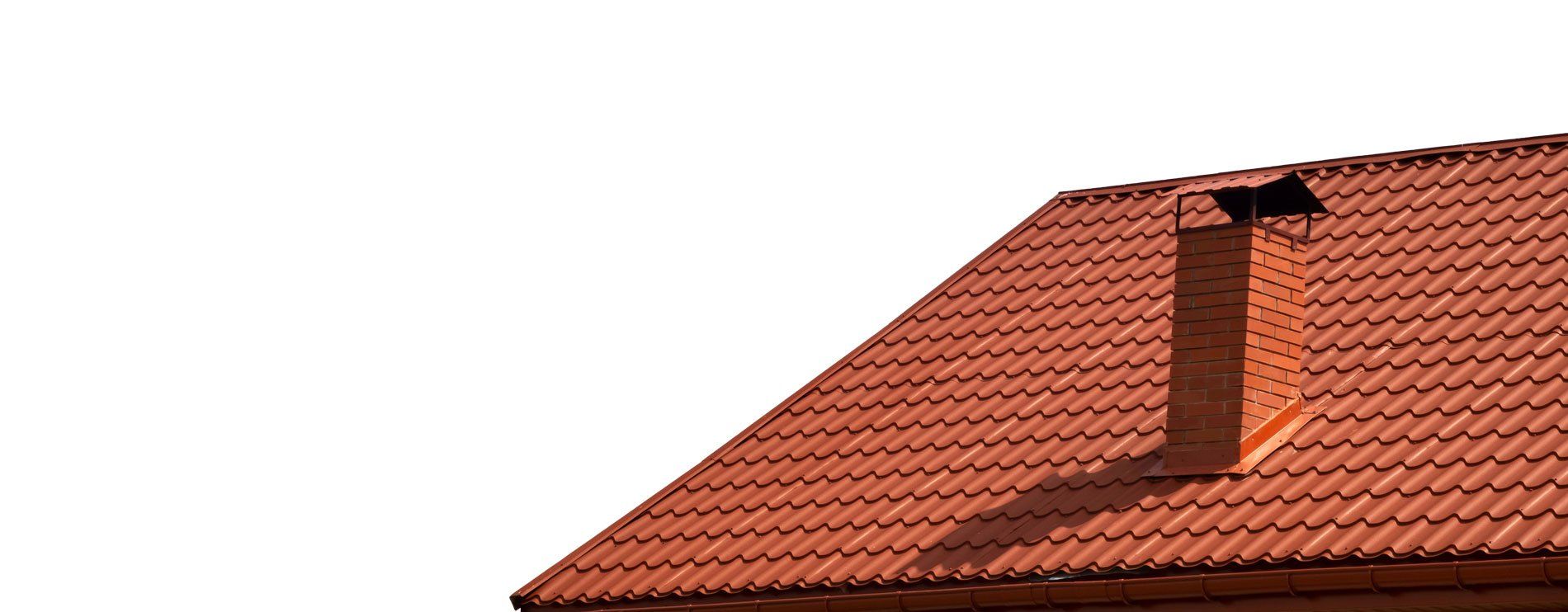
We are a licensed roofing contractor in Manteca, CA specializing in residential and commercial roofing services. We service Manteca CA, Lathrop CA, French Camp CA, Modesto CA, Mountain House CA, Tracy CA, and other surrounding cities.
Quick Links
© 2023 Content, including images, displayed on this website is protected by copyright laws. Downloading, republication, retransmission or reproduction of content on this website is strictly prohibited.
